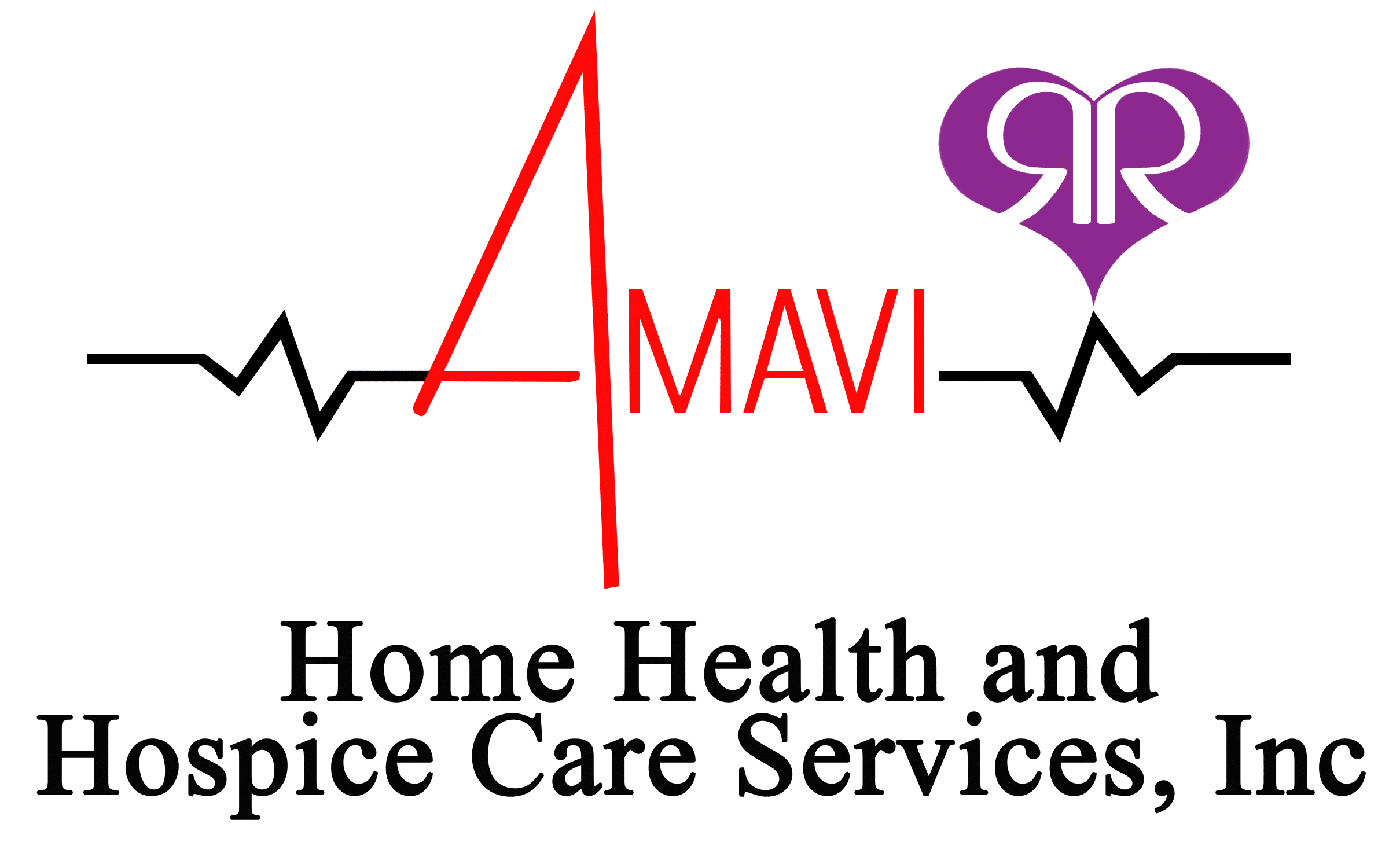Heart ailments are common medical conditions that people have to deal with when we hit our senior years. One particular condition that providers of hospice care in California advise to watch out for is congestive heart failure. Let’s find out what it is and how you can help your older loved one cope with it the right way.

Managing Heart Disease For Seniors
What Is Congestive Heart Failure Anyway?
When hearing the term, you might already think about possible heart attacks. Luckily, it isn’t that. But it can still be a potentially dangerous situation. Congestive heart failure is when there is a buildup of fluids in your heart. That causes it to become less effective in pumping blood.
The condition develops when the ventricles of your heart cannot pump blood strong enough out of the organ. It then leads to some of the blood and other fluids backing up. Aside from the heart, it can lead to a buildup of fluids in the following organs.
- Lungs
- Abdomen
- Liver
- Lower body
The buildup is gradual. Hence you might go on without realizing you have it. When left unchecked for so long, it can be life-threatening.

What causes Congestive Heart failure
Various reasons can lead to your heart being unable to pump blood properly. Some of the common causes are other heart ailments that already weaken the organ. These include:
- Coronary heart disease: The coronary arteries that supply blood to the heart might become blocked. That means the organ does not get the ample supply of oxygen and nutrients it needs to function.,
- Heart attack: A significant heart attack can damage the tissues in the organ, causing them to weaken.
- Conditions that overwork the heart: Illnesses such as high blood pressure, diabetes, and kidney disease can cause your heart to work harder.
- Nonischemic cardiomyopathy: These are the other causes not related to blockages in the arteries. They include existing genetic conditions and side effects of drugs and other medications.
When trying to diagnose the condition, a doctor will need to go through your entire medical history to determine the potential causes. That will help them decide on the best treatment plan for you.

The Stages Of Congestive Heart failure
As mentioned earlier, congestive heart failure is a gradually progressing disease. Hence, it can take years to develop. However, doctors have determined four different stages of the disease. Dealing with the condition in the earliest stage possible will increase the effectiveness of treatment and management strategies. Keep in mind that there are different congestive heart failure symptoms associated with each stage.
Stage A
This is referred to as the pre-heart failure stage. Here, there are no signs yet of a potential failure. But you are already at risk of developing it due to having certain conditions. These include the following.
- Hypertension
- Coronary artery disease
- Diabetes
- Metabolic syndrome
- Cardiomyopathy
- History of substance abuse (alcohol or drugs)
- Rheumatic fever
Based on the extent of the current condition, doctors will determine the likelihood that your heart might fail in the foreseeable future. They will then suggest lifestyle changes that can help prevent or delay the progression.
Stage B
This part is still within the pre-heart failure stage. There are still no overt symptoms of the condition. However, doctors have already diagnosed you with systolic left ventricular dysfunction. That means the left side of your heart is already showing signs of weakness. The left ventricle is the one that pumps the most blood out of the heart.
Typically, doctors diagnose when your heart ejection fraction is at 40% or less. People classified into this stage are also those that have:
- A prior heart attack
- Valve disease
- Cardiomyopathy
These patients may already have weakened heart muscles brought about by their conditions. Hence, they have a higher risk of developing congestive heart failure than before.
Stage C
In the third stage, there are already visible symptoms leading to the diagnosis of the condition. These include:
- Shortness of breath
- Fatigue
- Weakness in the legs
- Reduced ability to exercise
- Swollen legs, ankles, feet, and abdomen
- Waking up to urinate
This stage requires a significant amount of medical intervention. Patients will also have restrictions in their diet.
Stage D
This is the final stage of the condition. Here, patients show advanced symptoms that don’t get better with treatment. In such a situation, doctors might recommend more drastic treatment methods such as ventricular assist devices, continuous use of intravenous inotropic drugs, and surgical procedures. It might also lead to a full heart transplant.

Congestive Heart Failure Treatment
Luckily for you, there are more treatments available now for the condition. But as mentioned earlier, these work best when used during the earliest stages of the disease. Some of the common treatments that doctors might employ include:
- ACE inhibitors: These drugs relax the arteries, lowering blood pressure and reducing the heart’s workload.
- Angiotensin II receptor blockers: ARBs reduce the symptoms of heart failure and lower blood pressure.
- Angiotensin receptor-neprilysin inhibitors: These drugs lessen the strain on your heart.
- Blood vessel dilators-Doctors also use these drugs to lower blood pressure and relieve the heart’s workload.
- Diuretics: These primarily relieve ankle swelling due to the buildup of fluids.
- Anticoagulants: These drugs thin the blood and make it easier to pass through the vessels, preventing strokes.
- Digoxin: This specific drug slows down your heartbeat and improves its contractions.
As you can see, many of these medications are the same ones given to patients with other heart ailments. Doctors can prescribe these as part of the overall treatment for these other conditions or specifically deal with congestive heart failure.
Surgical Treatments
These surgical options are intended for those who do not readily respond to medications. The choice of procedure will depend on various other conditions.
- Coronary artery bypass graft: Doctors recommend this if the main cause of the failure is coronary artery disease.
- Heart valve surgery: This procedure either repairs or replaces a faulty heart valve to improve efficiency.
- Pacemakers: These devices help correct an irregular heartbeat.
- Cardiac ablation: Doctors place a catheter into your blood vessels to expand them.
- Heart transplant: This is the last resort if there isn’t any other feasible method.
Do note that going through these procedures requires a lot of preparation. Amavi can help you by providing both pre and postoperative care With our help, you can recover faster from major surgery.
Managing Congestive Heart Failure Symptoms
Caring for people with congestive heart failure follows the same approach as any other heart ailment. Your main goal is to lessen the strain on your heart. Some of the essential steps that you need to undertake include:
- Keeping your blood pressure low]
- Monitor your symptoms
- Maintain fluid balance
- Follow the right diet
- Monitor your weight
Amavi is ready to provide full care support for all of these steps. When you sign up with us, we will coordinate with your doctor to develop a specific health plan. Our caregivers will also ensure that you can dutifully follow that plan.

Get The Best Hospice Care Services To Help You
Getting a diagnosis of congestive heart failure can significantly impact your life. However, you can still live with it for a long time with the help of experts. Sign up with us today and get the best hospice care in California that will help you keep your heart going enjoying life more.
